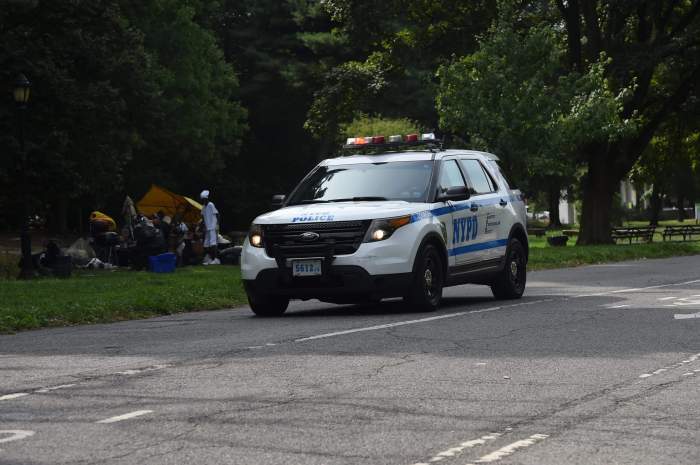The state Senate passed a bill on March 29 to prevent police officers who have sex with people in their custody from claiming that their prisoners consented to the conduct.
The bill, passed as part of the state budget, make a person in custody unable to consent to a sexual relationship with a police officer, according to a rep for bill sponsor state Sen. Andrew Lanza (R–Staten Island), closing the legal loophole exploited by two city detectives accused of raping an 18-year-old woman in Coney Island, only to later claim the sex was consensual.
The woman’s lawyer said his client hopes the new law would help spur reform sexual misconduct in police departments nationwide, but that he doubted it would prevent people from actually committing rape, and would merely eliminate the possibility of using consent as a defense.
“We’re glad that the law passed, because it’s definitely a step in the right direction, to change the police culture regarding sexual misconduct,” said Michael David. “We hope it gets passed in the 34 other states [where the loophole still exists]. But if someone’s going to rape, they’re not going to look at the laws. I don’t think it’s going to make a difference in those cases.”
David said lasting reform would have to come from within the culture of police departments, and ideally begin at the hiring process by more thoroughly vetting candidates — perhaps by evaluating their social media accounts.
“They have to do a much better job vetting the individuals — they really have to vet their social media,” David said. “Social media is going to show their attitude towards women, it’s going to show a lot of their social habits. I think that’s a major factor with this whole sexual misconduct thing. We have to change the culture at NYPD.”
The detectives’ lawyers in the case tried to make the same argument against the woman, claiming “provocative” photos and messages on her Instagram and Twitter accounts proved she was not a “depressed victim of a vicious rape,” but David said the standards should be different for prospective police officers, and that the defendants’ references to the woman’s social media accounts were an attempt to undermine her account of what happened.
“It doesn’t matter what’s on her social media,” he said. “Anything relating to smearing [victims], they have to change it and have new laws regarding the defense when they try to go against rape victims.”
Councilman Mark Treyger (D–Coney Island) led the charge locally to close the legal loophole beginning last October, a month after the cops were accused. Treyger tweeted the day after the bill passed that he was committed to making sure a similar incident could never occur again, and that he was glad other advocates had joined the cause.
“This horrific rape outraged our community, and from day one I have made it clear I would do whatever it took to advocate for common sense consent laws to make sure that this could never happen again,” Treyger wrote. “Grateful to all the advocates that joined this fight.”























